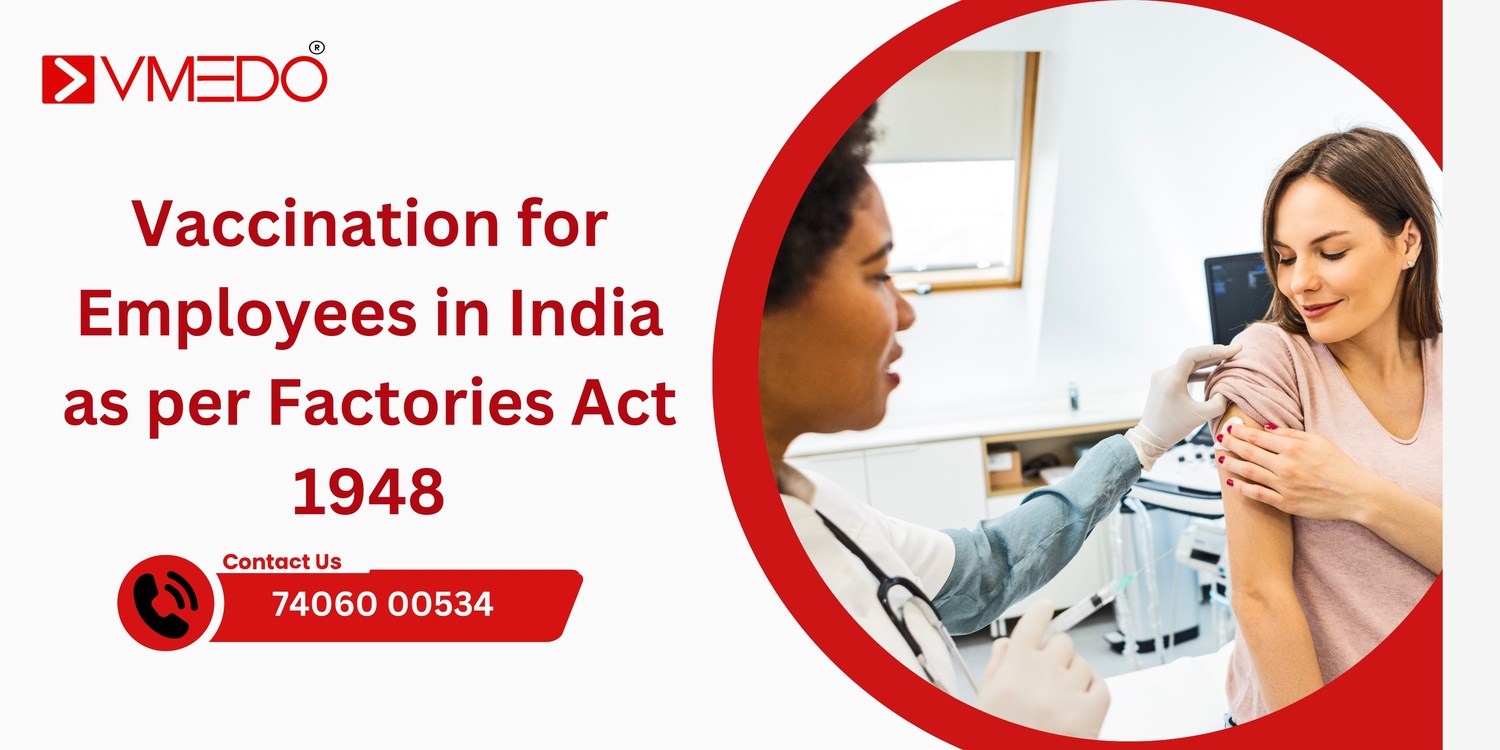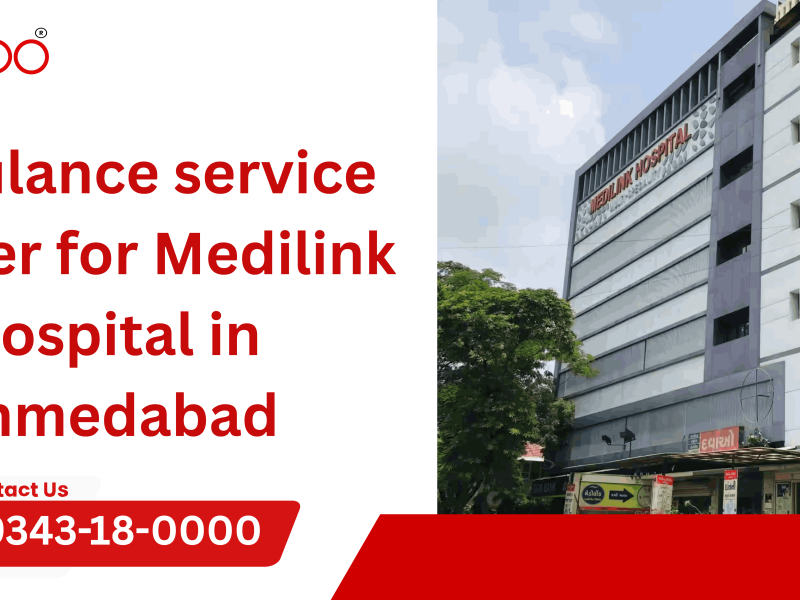Vaccinations are crucial in maintaining public health and are especially vital in workplaces where employees spend significant time in close proximity. By immunizing employees, organizations not only ensure workplace safety but also build a healthier and more productive workforce. At VMEDO, we understand the importance of health in the workplace. With our end-to-end vaccination services, we make it simple for organizations to safeguard their teams and comply with health regulations.
Employers in India are increasingly recognizing the value of workplace vaccination programs to protect their employees, reduce absenteeism, and boost productivity. A robust vaccination drive mitigates health risks, fostering a safe and efficient working environment. VMEDO specializes in organizing workplace vaccination drives that are tailored to meet your industry’s unique requirements. Contact us at +91 74060 00534 to implement a seamless vaccination program for your organization.
Why is Employee Vaccination Important?
- Disease Prevention
Vaccinations help prevent the spread of infectious diseases like influenza, Hepatitis B, and COVID-19, which can disrupt workplaces and impact operations. - Enhanced Productivity
Vaccinated employees are less likely to fall ill, ensuring consistent productivity and minimizing downtime. - Workplace Safety
Certain industries, such as healthcare and manufacturing, pose higher risks of exposure to infectious diseases. Vaccination safeguards employees and their families. - Compliance with Health Guidelines
Organizations that comply with vaccination standards demonstrate their commitment to employee well-being and often meet industry health requirements.
The Importance of Vaccination in the Workplace
1. Health and Safety
Vaccines help protect employees from infectious diseases and create a safer work environment. In sectors like healthcare, food processing, and manufacturing, the risks of exposure to diseases are higher, making vaccinations critical.
2. Economic Benefits
Workplace illnesses can lead to significant productivity losses. Vaccinations reduce absenteeism, sick leaves, and healthcare costs, making them a cost-effective solution for businesses.
3. Corporate Social Responsibility (CSR)
Organizations that prioritize employee health through vaccination programs demonstrate strong CSR values. These efforts not only build trust with employees but also enhance the organization’s reputation.
4. Pandemic Preparedness
The COVID-19 pandemic underscored the importance of workplace vaccination drives. Vaccinating employees ensures continuity of operations even during public health crises.
Vaccination Requirements in India
Legal Provisions
India’s regulatory framework emphasizes workplace health under the Factories Act, 1948, which mandates preventive health measures, including vaccinations, especially for employees exposed to health risks.
Government Recommendations
The Ministry of Health and Family Welfare regularly updates immunization guidelines, recommending vaccines based on industry risks. For example, employees in chemical factories may require Hepatitis B vaccination, while healthcare workers often need protection against diseases like tuberculosis and influenza.
Legal Framework and Guidelines
India’s focus on workplace health and safety is reinforced by regulations such as:
- Factories Act, 1948: Employers must implement health measures, including vaccinations, especially in industries involving health risks.
- Occupational Safety, Health, and Working Conditions Code, 2020: Emphasizes preventive healthcare and vaccination for at-risk employees.
- State-Level Health Guidelines: Several states mandate vaccinations for specific sectors based on regional health risks.
Compliance with these regulations not only protects employees but also safeguards businesses from potential legal liabilities.
Key Vaccines for Employees in India
1. Hepatitis B Vaccine
- Importance: Protects against Hepatitis B, a potentially life-threatening liver infection.
- Recommended for: Healthcare workers, sanitation staff, and those exposed to blood or bodily fluids.
2. Influenza Vaccine
- Importance: Prevents seasonal flu outbreaks, which can lead to high absenteeism.
- Recommended for: All employees, particularly those in crowded offices or public-facing roles.
3. COVID-19 Vaccine
- Importance: Essential for controlling the pandemic and ensuring a safe workplace.
- Recommended for: All employees, especially in industries with high interaction levels.
4. Tetanus, Diphtheria, and Pertussis (Tdap) Vaccine
- Importance: Protects against tetanus, diphtheria, and pertussis, particularly in industries prone to injuries.
- Recommended for: Manufacturing, construction, and healthcare employees.
5. Measles, Mumps, and Rubella (MMR) Vaccine
- Importance: Prevents contagious viral diseases.
- Recommended for: Employees in crowded settings like schools, universities, and large offices.
6. Typhoid Vaccine
- Importance: Reduces the risk of typhoid fever caused by contaminated food or water.
- Recommended for: Food handlers, restaurant staff, and healthcare workers.
7. Rabies Vaccine
- Importance: Protects against rabies in high-risk environments.
- Recommended for: Animal handlers, veterinarians, and rescue workers.
8. Human Papillomavirus (HPV) Vaccine
- Importance: Prevents cervical cancer and other HPV-related conditions.
- Recommended for: Female employees in reproductive health initiatives.
Benefits of Workplace Vaccination Programs
- Convenience for Employees
On-site vaccination drives eliminate the need for employees to visit clinics, saving time and effort. - Cost Efficiency
Bulk vaccination programs can reduce costs per vaccine, making it more affordable for employers. - Boosting Employee Morale
Employees feel valued when organizations prioritize their health, leading to better engagement and loyalty. - Reduced Healthcare Costs
Vaccinated employees are less likely to require expensive medical treatments for preventable diseases. - Compliance with Industry Standards
Vaccination programs ensure adherence to occupational health and safety regulations.
Steps to Organize a Workplace Vaccination Program
- Assess Health Risks
Identify diseases prevalent in the region or specific to your industry. - Collaborate with Experts
Partner with trusted healthcare providers like VMEDO for professional vaccination services. - Employee Awareness Campaigns
Educate employees on the importance and safety of vaccines through workshops or newsletters. - Logistics Planning
Arrange suitable venues, maintain cold-chain storage for vaccines, and schedule sessions to avoid workplace disruptions. - Monitor and Follow-Up
Keep records of vaccinated employees and organize follow-ups for booster doses when necessary.
Role of Vaccination in High-Risk Industries
- Healthcare
-
-
- Vaccines like Hepatitis B, Influenza, and COVID-19 are mandatory for healthcare workers to prevent disease transmission.
-
- Food and Hospitality
-
-
- Vaccinations such as Typhoid and Hepatitis A are crucial to prevent foodborne illnesses.
-
- Manufacturing and Construction
-
-
- Tetanus and Rabies vaccines are vital due to the nature of injuries in these industries.
-
- Corporate Offices
-
- Vaccinations like Influenza and COVID-19 ensure employee health in shared spaces.
Call Now!
VMEDO Services
- Annual Health Checkups for Employees (Factories Act Compliance)
- Pre-Employment Health Checkups in India
- Lung Function/PFT Tests for Employees in India
- Blood Tests for Employees (Factories Act Compliance) in India
- ECG Tests for Employees in India
- Audiometry Tests for Employees in India
- Eye/Vision Tests for Employees in India
- Medical Fitness Certificates (Factories Act Compliance) in India
- HIV/HBs Tests for Employees in India
- Chest X-Rays for Employees in India
- Hepatitis B Vaccinations in India
- HPV Vaccinations in India
- Tetanus (TT) Vaccinations in India
- Influenza Vaccination for Employees in India
- Pneumococcal Vaccination for Employees in India
FAQ’s on Vaccination for Employees in India
1. Why is vaccination important for employees?
Vaccination protects employees from preventable diseases, reduces absenteeism, and ensures workplace safety, especially in high-risk industries.
2. Which vaccines are essential for employees?
Key vaccines include Hepatitis B, Influenza, Tdap, COVID-19, Typhoid, Rabies, and HPV. The requirement depends on the industry and nature of the work.
3. Is workplace vaccination mandatory in India?
While not universally mandatory, the Factories Act, 1948, and specific industry guidelines emphasize preventive healthcare, including vaccinations in high-risk settings.
4. How can organizations organize a vaccination drive?
Partner with healthcare providers like VMEDO to assess risks, plan logistics, educate employees, administer vaccines, and maintain records.
5. Who bears the cost of employee vaccination?
Employers typically cover the costs. Some organizations may offer co-payment models or explore government subsidies.
6. How can vaccine hesitancy be addressed?
Conduct awareness sessions, provide transparent information, and invite healthcare experts to answer employee queries.
7. Are booster doses necessary for workplace vaccination programs?
Yes, many vaccines, like COVID-19 and Tdap, require booster doses for sustained immunity. Employers should plan follow-ups accordingly.
8. How does vaccination benefit employers?
Vaccination reduces healthcare costs, minimizes absenteeism, boosts employee morale, and ensures compliance with health regulations.
9. What industries are most at risk and require mandatory vaccination?
Healthcare, manufacturing, construction, food processing, hospitality, and veterinary services are high-risk industries requiring targeted vaccination programs.
10. Can VMEDO help with workplace vaccination programs?
Yes, VMEDO provides end-to-end vaccination services, including planning, execution, employee awareness, and post-vaccination support. Contact VMEDO at +91 74060 00534 for assistance.
11. Are digital records of vaccinations maintained?
VMEDO ensures accurate digital record-keeping, making compliance and tracking easier for organizations.
12. How often should vaccinations be updated?
The frequency varies by vaccine. Some, like Influenza, are annual, while others, like Hepatitis B, follow multi-dose schedules. Booster shots should be administered as per guidelines.
13. What measures ensure vaccine safety?
Trained professionals administer vaccines, and storage conditions like cold-chain maintenance are strictly adhered to during workplace drives.
14. Can remote employees also participate in vaccination programs?
Yes, remote employees can be included through partnerships with nearby clinics or coordinated vaccination centers.
15. How do vaccinations align with corporate wellness programs?
Vaccinations are a key component of wellness initiatives, promoting a proactive approach to employee health and safety.
Have more questions? Contact VMEDO at +91 74060 00534 for tailored workplace vaccination solutions.



